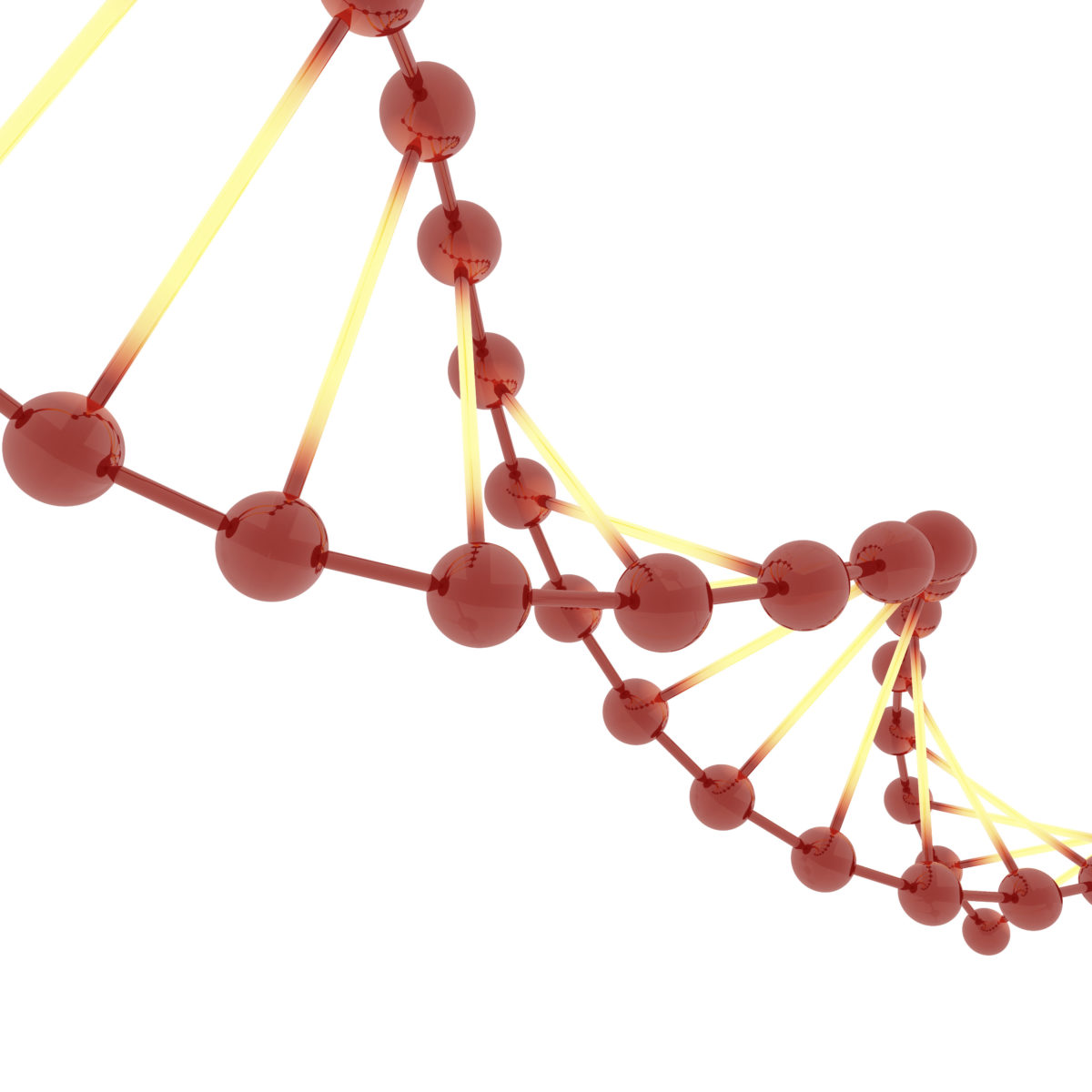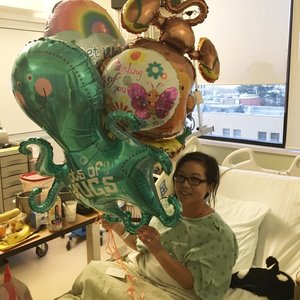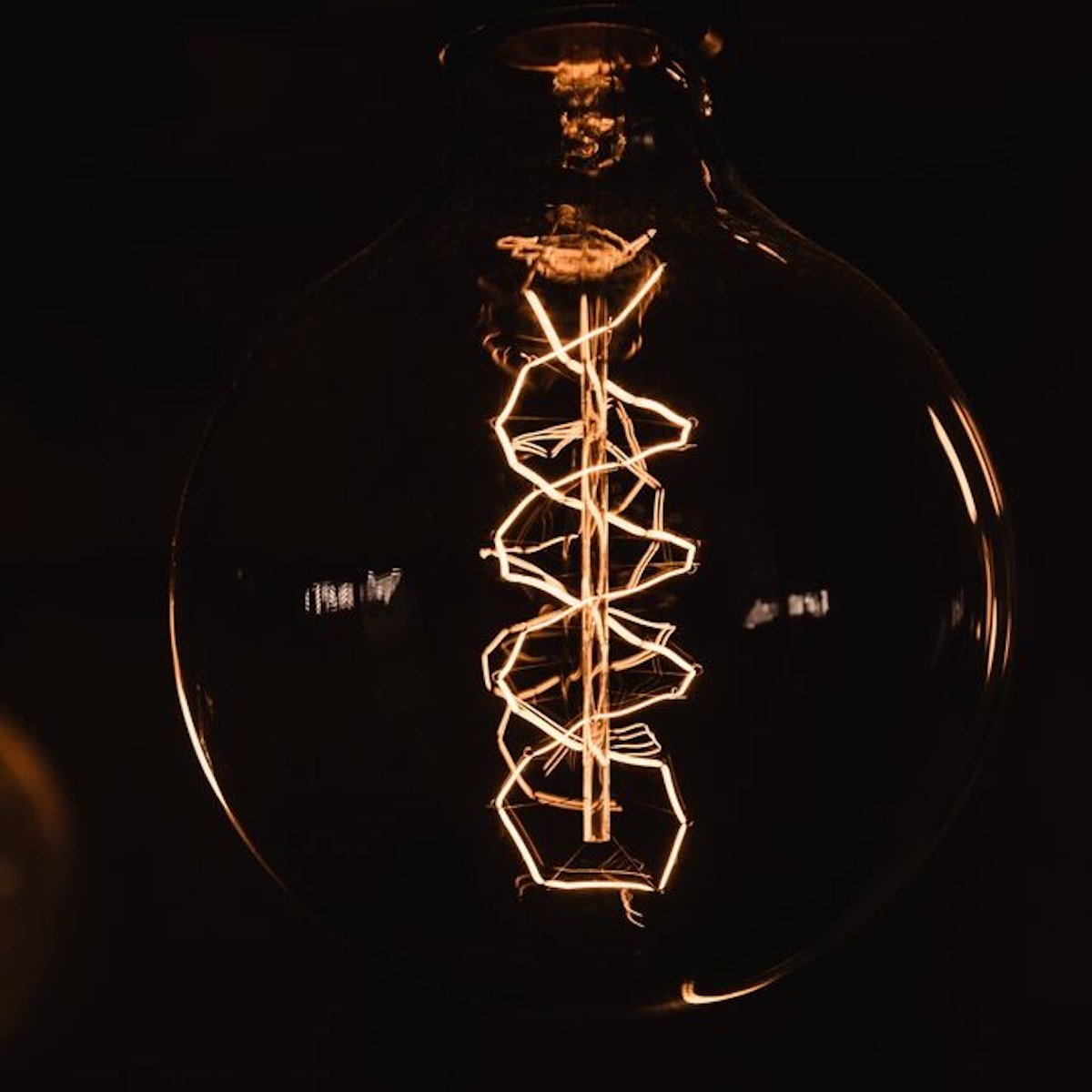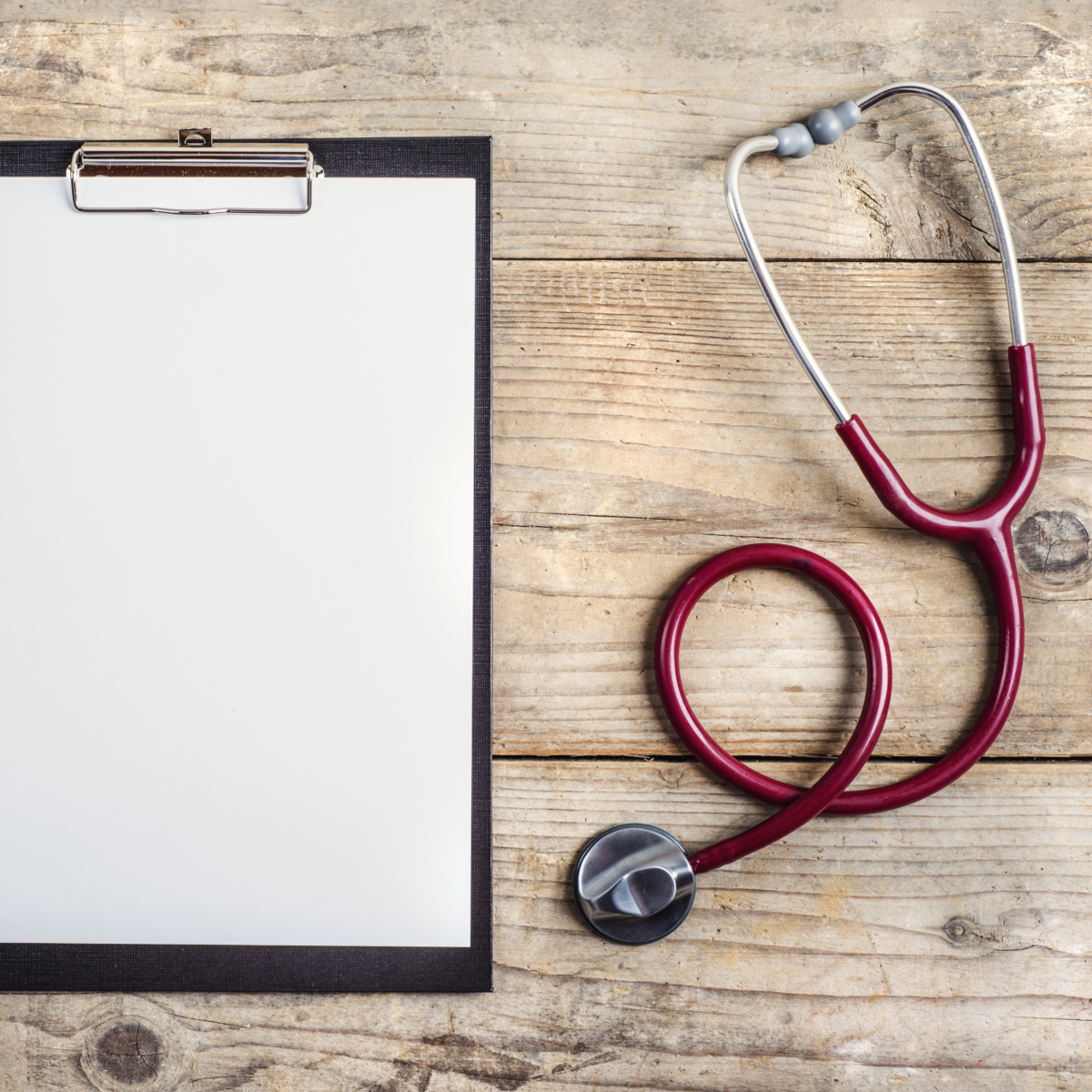Hereditary Cancer
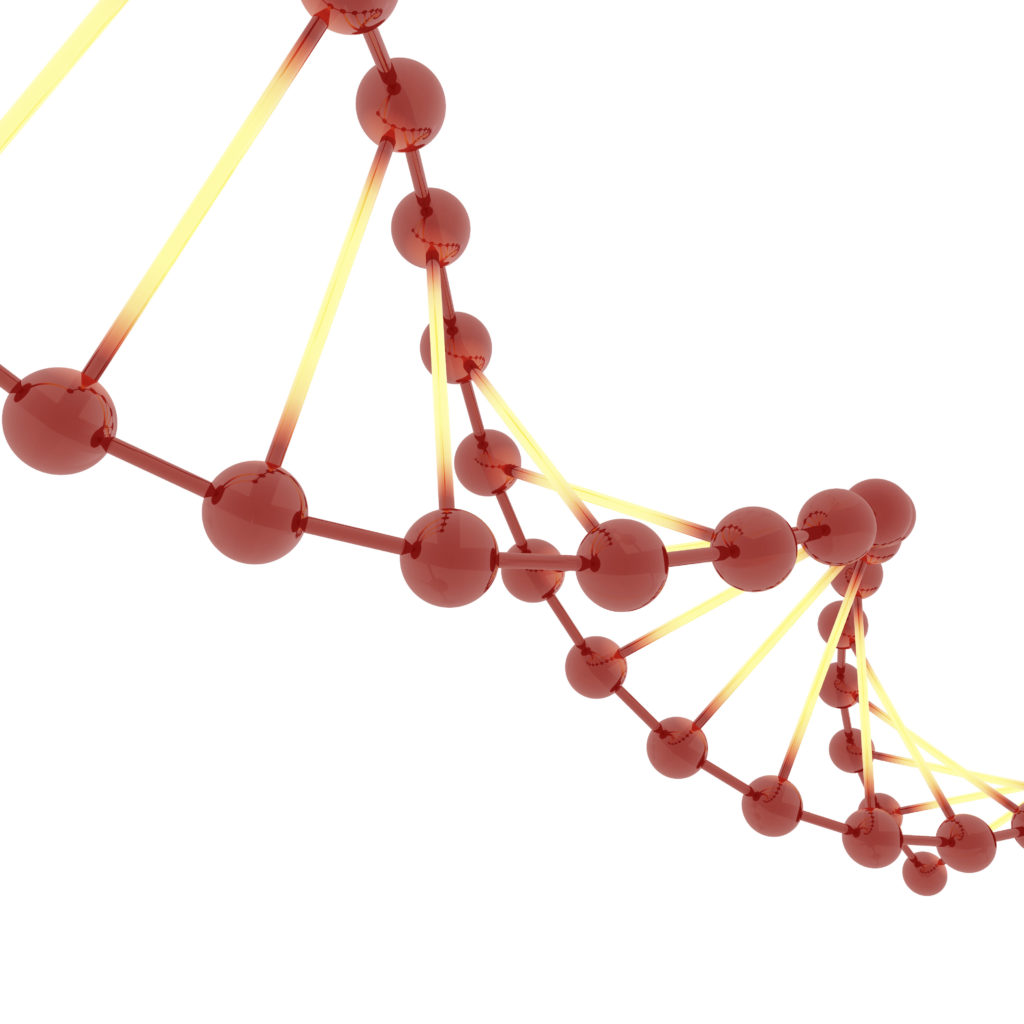
If you recently received a cancer diagnosis, you may be wondering whether your diagnosis has to do with your genetic history, or whether you could potentially pass your cancer risk on to your children. Alternatively, if your loved one recently received a cancer diagnosis, you may be curious about your risk of developing the same type of cancer.
While most cancers are not hereditary, there are some types of cancer that can be inherited from family members. Read on to find out what percentage of cancers and what kind of cancers are hereditary, how you can find out what your risk for hereditary cancer is, and what to do if you discover that you are at risk for inheriting genetic mutations that cause cancer.
What percentage of cancer is hereditary?
While some types of cancer are hereditary, relatively few cancer cases are the result of genetic mutations. Researchers estimate that only 5-10% of cancer cases are linked to an inherited genetic mutation.
How do inherited genetic mutations cause cancer?
Two types of genes are linked to cancer risk: oncogenes and tumor suppressor genes.
Oncogenes turn healthy cells into cancerous cells and are not inheritable.
Tumor suppressor genes prevent cancer by killing bad cells, slowing down cell growth, and repairing damage to cells. Mutations in tumor suppressor genes can cause cancer by causing the gene to fail at stopping bad cells from growing. Tumor suppressor gene mutations can be inherited.
If you have a genetic mutation that increases your cancer risk, the likelihood that you actually develop cancer depends on which genetic mutation you have. Some mutations might not carry a very high risk of resulting in a cancer diagnosis. Others can significantly increase your risk of cancer – for example, while only 1 in 400 people have a mutation in the BRCA1 or BRCA2 genes, around 70% of women with the mutation will develop breast cancer by age 80.
What is hereditary cancer syndrome?
A syndrome is a group of signs or symptoms associated with a particular cause. Doctors sometimes refer to people with certain inherited genetic mutations as having hereditary cancer syndrome.
In a hereditary cancer syndrome, certain patterns of cancer may be seen within families. These patterns include having several close family members (such as a mother, daughter, and sister) with the same type of cancer, developing cancer at an early age, or having two or more types of cancer develop in the same person. Examples of hereditary cancer syndromes are hereditary breast and ovarian cancer syndrome, Li-Fraumeni syndrome, Cowden syndrome, and Lynch syndrome. Also called family cancer syndrome and inherited cancer syndrome.
National Cancer Institute
What types of cancer are hereditary?
Inherited genetic mutations can cause several types of cancer. The most common inherited cancers include:
- Breast cancer (in men and women)
- Ovarian cancer
- Endometrial cancer
- Colorectal cancer
- Gastric cancer
- Melanoma
- Pancreatic cancer
- Prostate cancer
Facing Our Risk of Cancer Empowered (FORCE) provides a list of inherited cancers organized by both genetic mutation and cancer type here.
If my family member (mother, father, grandparent, aunt) has a particular type of cancer, what are the odds that I will also get it?
Your odds of developing a hereditary cancer depends on what kind of cancer and what genetic mutation you’ve inherited. Genetic testing can help you find out your risk of inheriting genetic mutations that increase your cancer risk. Depending on your individual risk, your doctor may recommend preventative measures.
For example, Erika S. discovered that she inherited a BRCA2 mutation from her mother, who received a breast cancer diagnosis at age 28. Since her risk of developing cancer was very high, Erika underwent a double mastectomy.

[My mother] had two breast cancer diagnoses under the age of 50, so one of her doctors at UNC finally recommended that she get tested to see if she had a BRCA mutation. It turned out that she does, which meant that I have a 50/50 chance of carrying it as well.
I saw a genetic counselor, Julia Smith, at NYU Langone. Ms. Smith specializes in working with women in their 20s and 30s who are dealing with a hereditary or familial risk of cancer.
The results came back in three weeks. I had inherited my mom’s BRCA2 mutation, and because of our family history, the surgeons that I met with recommended that I undergo a preventative mastectomy as soon as possible.
I interviewed with a few different surgical teams, and I had a preventative mastectomy in December.
Erika S. (BRCA2 mutation, preventative double mastectomy)
What should I do if I have a history of cancer in my family?
You should let your doctor know if you have a history of cancer in your family, especially if it is a cancer that could be related to a genetic mutation (such as breast, ovarian, or colorectal cancer). It may be helpful to bring a list of relatives who had cancer to your doctor’s appointment.
If you know that a grandparent other relative had cancer but aren’t sure what kind they had, ask your family members if they can provide this information. Filling out a family tree with health information can help you identify patterns that could be the result of inherited genetic mutations.
Questions about genetic testing? Check out our page on genetic testing, including information about insurance, qualification, and general FAQs here.
